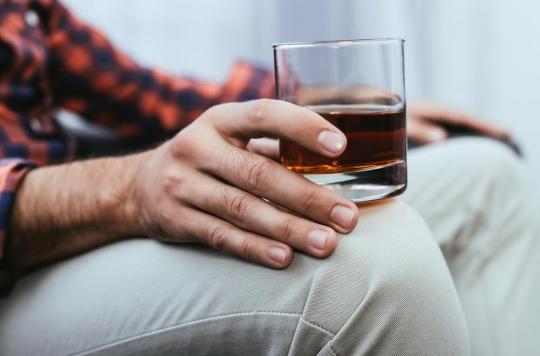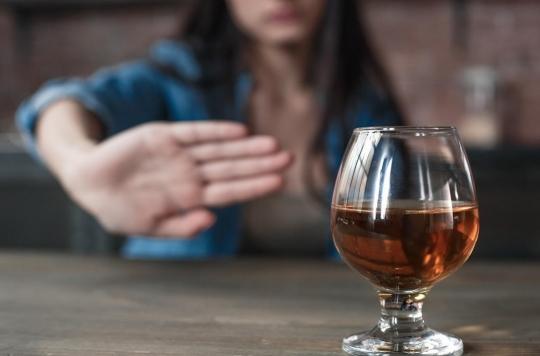A participatory study has just started to assess the adverse events linked to baclofen. It is based on a telephone follow-up of the users of the molecule.

After the mea culpa of the French Medicines Agency (ANSM) on the fiasco of RTU (1) baclofen among patients and the announcement of the changes in the prescribing criteria for 2016, trials continue on this muscle relaxant effective in taking in burden of alcohol dependence in patients who have failed available treatments.
In a press release published on Wednesday, the Olivier Ameisen Association announced the launch of BACLOPHONE, the first “participatory” pharmacovigilance study on the undesirable effects of the product. Around the Lille CHRU acting as a coordinating investigator center, 25 other hospitals in the Nord – Pas-de-Calais – Picardy region have already given their agreement to participate.
Participatory pharmacovigilance
In fact, the study primarily concerns patients who are involved in increasing knowledge about their therapeutic pathways. It is these patients themselves, and not the prescribers, who will be asked to report and analyze, with the Baclophone teams, any adverse events observed.
To do this, Baclophone is developing a participatory pharmacovigilance system, based on monthly telephone calls to patients. On a clinical level, this regular monitoring will open up a reinforced and personalized interaction with both patients and prescribing physicians. Patients will be able to report adverse events to the pharmacovigilance center on their own.
Role of associations
Finally, the opening and animation of dedicated discussion threads on the Internet forums of patient and physician associations, will fuel an additional observation, the results of which, if they cannot a priori be included in the Baclophone publication, “will demonstrate the role of these associations in the mobilization of patients and their therapeutic support ”, specifies the association which fights for the prevention and treatment of addiction.
1% serious effects
On the motivation side, the researchers recall that the ANSM instituted a national pharmacovigilance follow-up in 2011, but that the data on the safety of baclofen at high doses were limited.
The investigators’ hypothesis is that only a part of these adverse events is related to baclofen, “the rest may be attributable to other factors (alcohol and / or other treatments prescribed to patients) to be explored”, they think. . Within its patient monitoring portal “www.rtubaclofene.org”, the ANSM recently indicated that only 1% of serious effects are (perhaps) linked to baclofen.
BACLOPHONE will therefore make it possible to study the exact role of the molecule in adverse events, in the hope of finally silencing its detractors, according to the association Olivier Ameisen
In the end, this study will also increase knowledge about the use of baclofen “in order to improve the care of people with alcohol-related disorders”, the scientists conclude.
In France, since the publication of Professor Olivier Ameisen’s book “The Last Glass”, non-Marketing Authorization prescriptions have increased exponentially. Health Insurance estimated in January 2015 that 100,000 alcohol-dependent patients had received prescriptions for baclofen.
(1) Temporary Recommendation for Use
.











-1610376092.jpg)
-1609843820.jpg)

-1605792681.jpg)

